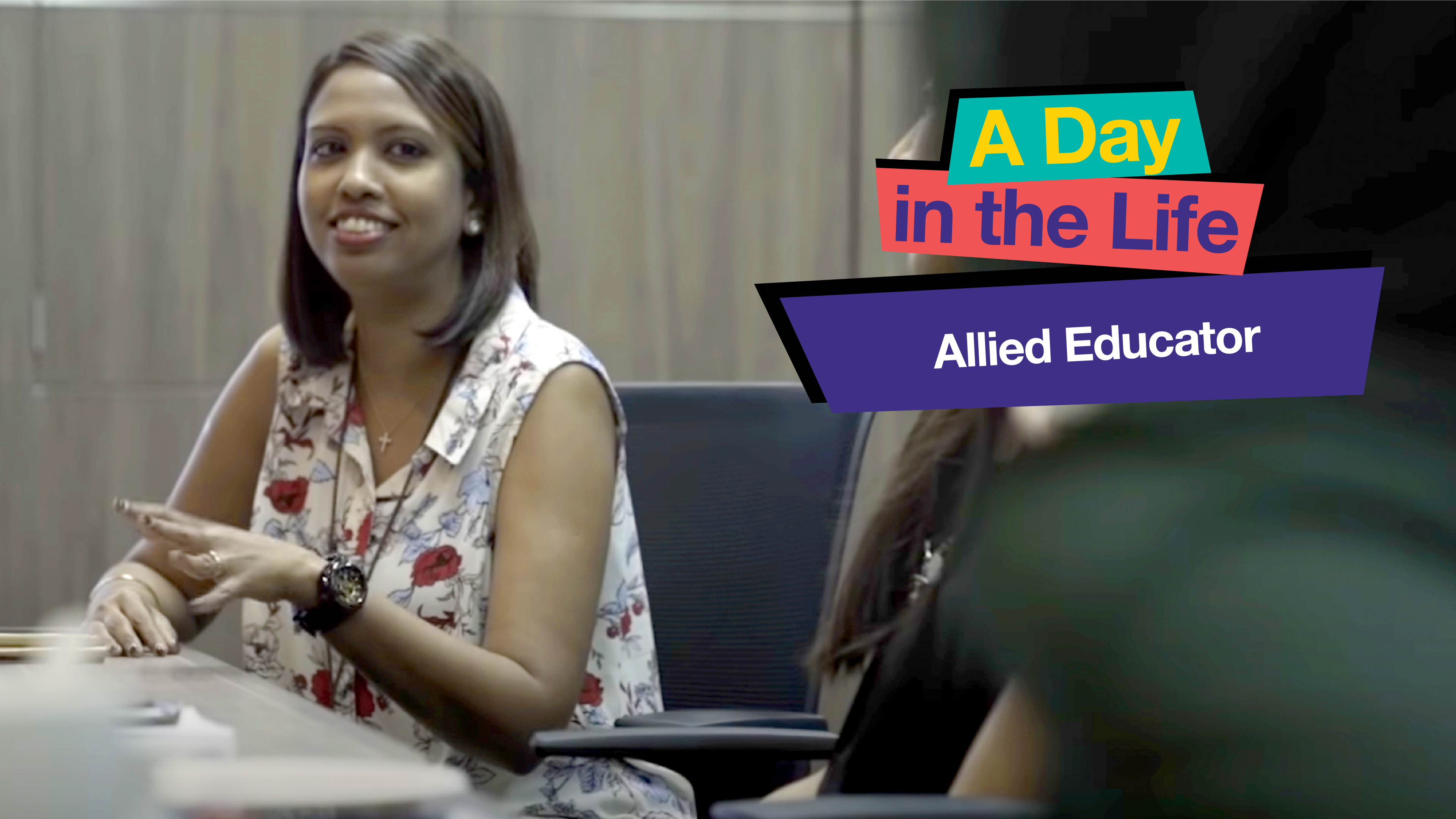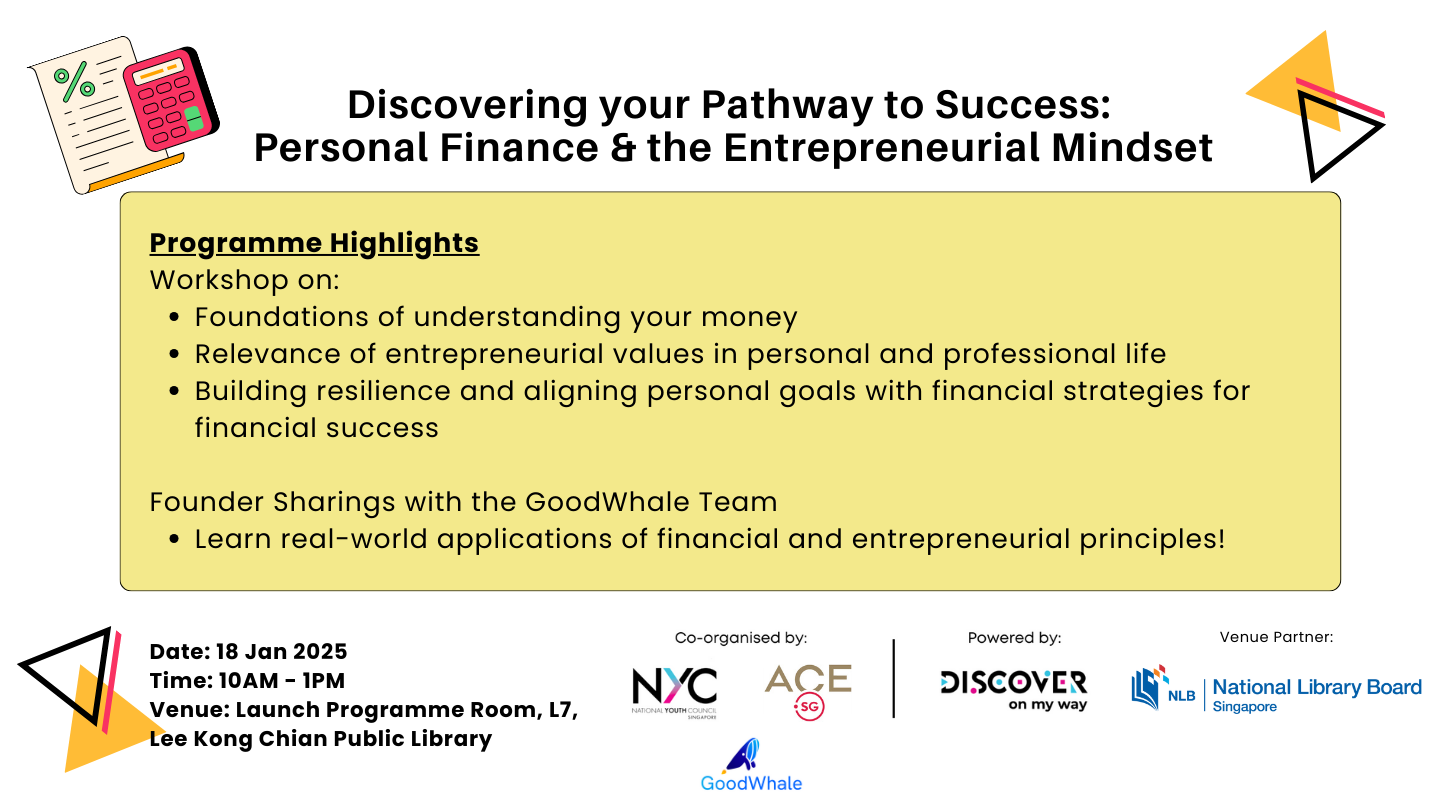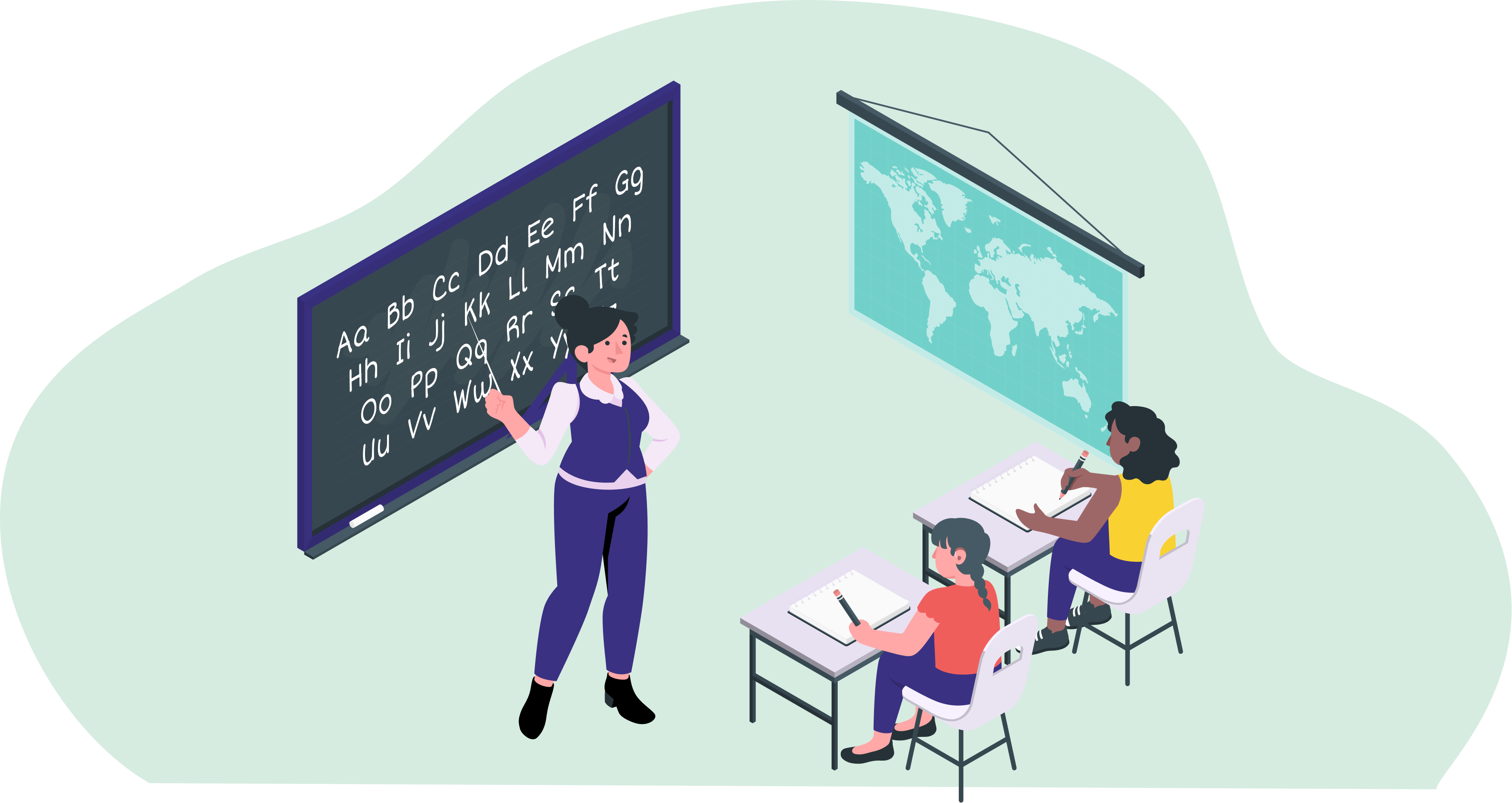
Allied Educators provide learning support to students who have mild special education needs.
Allied Educator Job Description
- Identify students' behaviour and learning needs to help them improve in school.
- Create learning strategies to cater to students with special educational needs.
- Plan and track the students' learning programme based on their progress and areas of need.
- Work with parents to ensure the well-being of students with special education needs.
- Work closely with the teachers so as to better support students' learning needs.
Note
Engagement sessions update you on research, like courses at the Autism Resource Centre.
What you should know about Allied Educator jobs in Singapore
Nature of Work
You will support students’ learning and well-being. You’ll also work alongside teachers to create inclusive educational environments.Key Advice
You will support students of all types of needs. From students with mild special education needs to students with Dyslexia, ADHD, or Specific Language Impairment (SLI).-
Entry RequirementsEntry Requirements
- A diploma in Child Psychology or Early Childhood Education is preferred.
- You will also need to be passionate about working with students with special needs, and keen to help them perform in mainstream Education.
- You will need to teach under a mentorship to gain certification before teaching classes on your own.
-
Possible PathwayPossible Pathway
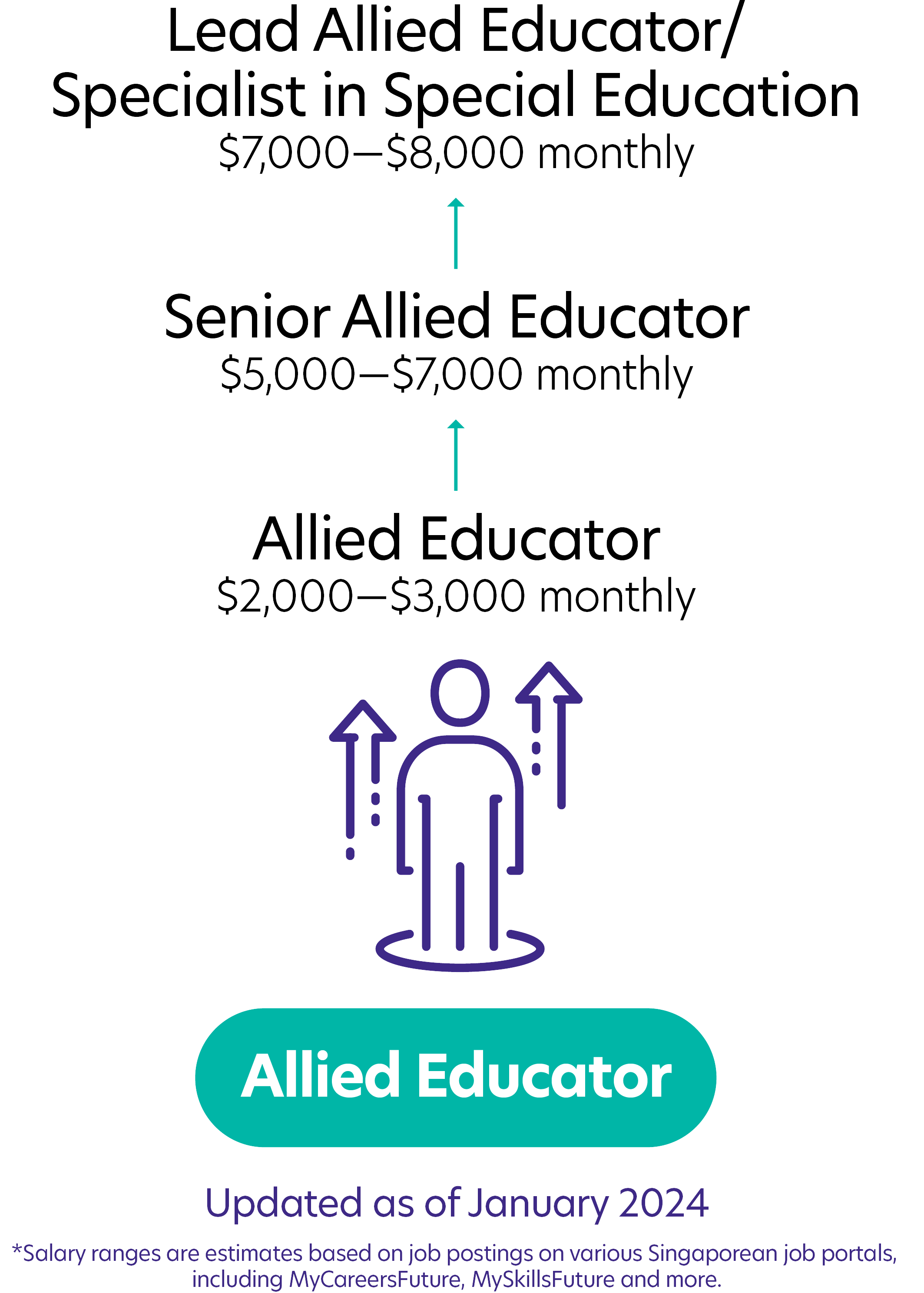
Skills you may need to pursue an Allied Educator career in Singapore
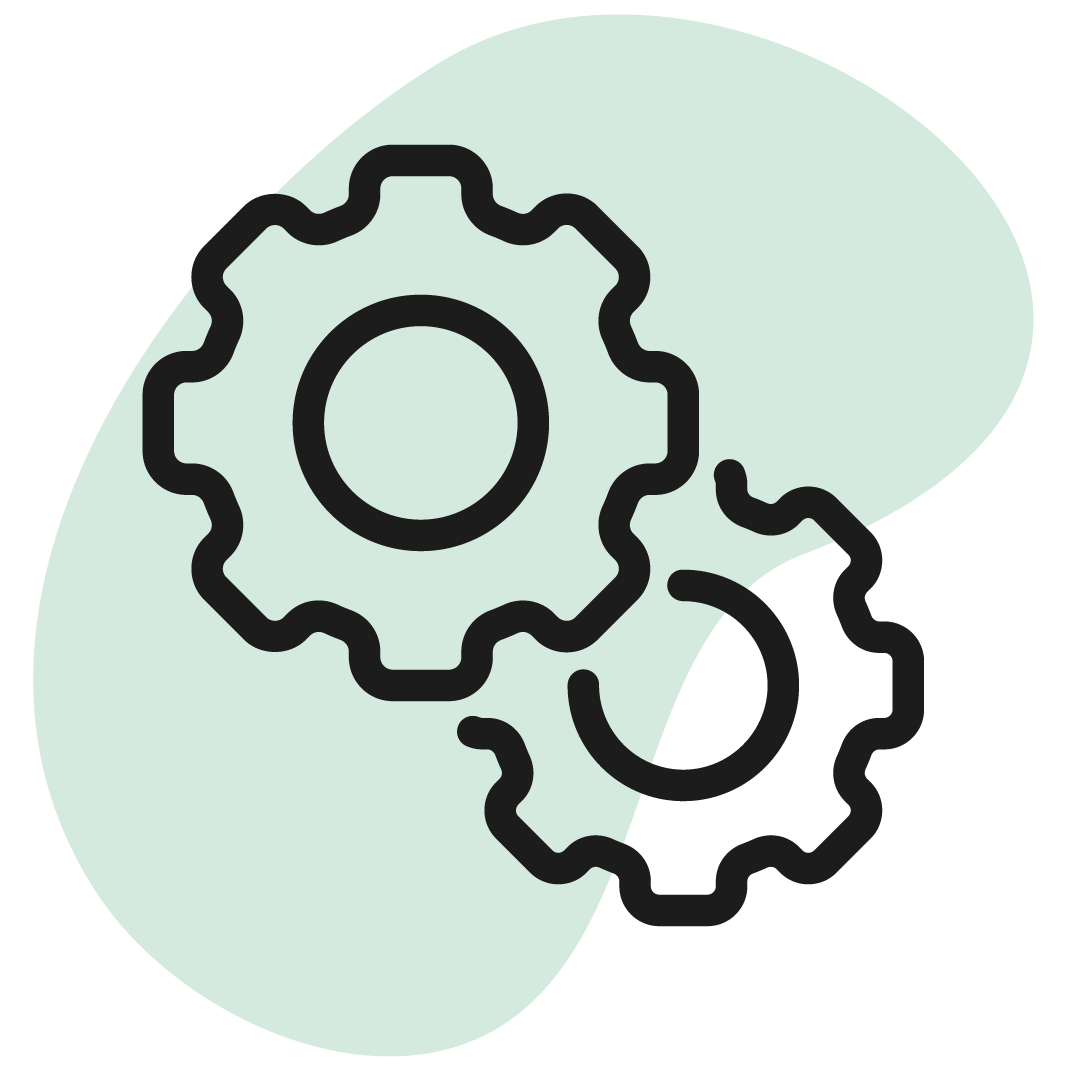 Hard Skills
Hard Skills
Lesson Planning
Organising educational content to meet learning objectives.Curriculum Design
Developing structured content for educational goals.Classroom Management
Creating a positive environment and managing student behaviours.People Development
Mentoring students to develop skills and potential.Communication
Crucial for clear, empathetic interactions in education.Problem-Solving
Addressing challenges with creative, effective solutions.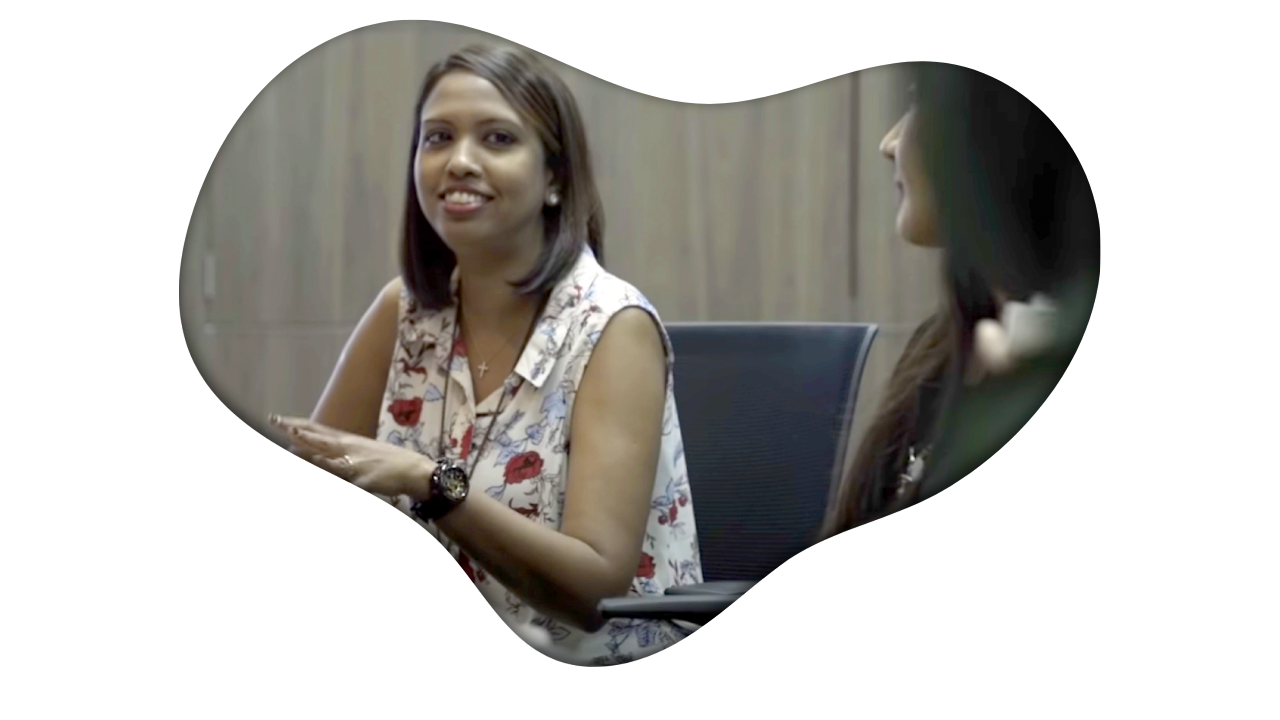
“The most rewarding part is when I see students enjoying their lessons and making an effort to learn.”
Herbert Goh, Senior Allied Educator (Learning and Behavioral Support)
Related Job Roles
Explore Other Programmes
Browse AllYou have bookmarked your first item!
Find it in My Discoveries with insights on your interests!

